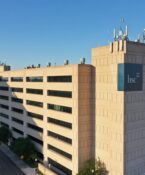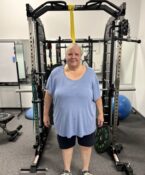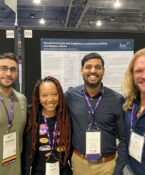UNTHSC plays a role in solving 37-year-old cold case
In 1975, Priscilla Ann Blevins was just 27 years old when she disappeared from her Charlotte, North Carolina home. Authorities began searching for the young English teacher, but the trail went cold almost immediately.
It took 37 years, but thanks to a sister’s devotion and a sophisticated computerized database, a critical part of the mystery finally came to light: identification of Priscilla’s remains.
That sophisticated database is called NamUs, which stands for National Missing and Unidentified Persons System, and is administered in Fort Worth, Texas, by the UNT Health Science Center.
"NamUs works very closely with North Carolina’s Office of Chief Medical Examiner," says NamUs Communications & Outreach Manager J. Todd Matthews. "By providing supporting forensic dental services, an association was confirmed as an identification."
Matthews adds a chilling statistical sidelight: approximately 4,400 unidentified remains are found nationwide every year, and more than 1,000 of these remain unidentified after one year.
How does NamUs work? It starts with data regarding missing persons that’s entered by law enforcement professionals, missing persons clearinghouses and the general public. Once the data is entered into NamUs, the database can be searched by anyone interested in the case. Sensitive case information, however, is restricted to medical examiners, coroners, law enforcement personnel, missing person clearinghouse personnel and allied forensic specialists. (NamUs is funded by the National Institute of Justice (NIJ) and managed through a cooperative agreement with UNTHSC.)
Read the Huffington Post story about how NamUs helped solve the mystery.





Social media